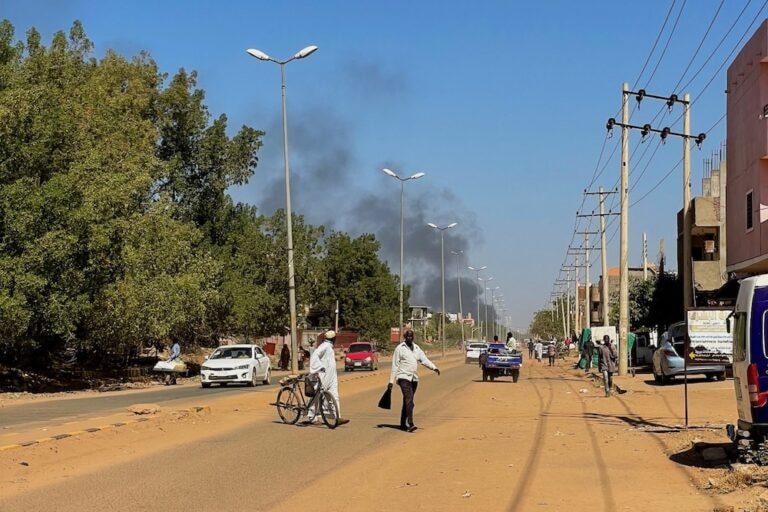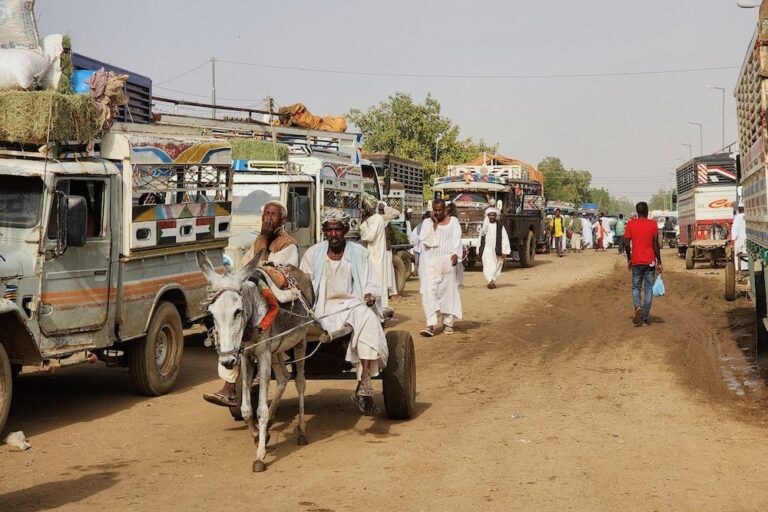(RSF/IFEX) – On 9 March 2003, the Sudanese authorities confiscated the print-runs of the dailies “Khartoum Monitor” and “El Hurriya” prior to their circulation. “We denounce this continuous policy of harassment against independent newspapers. Summons, veiled threats, seizures – for too long now this has been the lot of the press, which consequently incurs huge […]
(RSF/IFEX) – On 9 March 2003, the Sudanese authorities confiscated the print-runs of the dailies “Khartoum Monitor” and “El Hurriya” prior to their circulation.
“We denounce this continuous policy of harassment against independent newspapers. Summons, veiled threats, seizures – for too long now this has been the lot of the press, which consequently incurs huge financial losses. We call on the Sudanese authorities to put an end to such practices,” RSF Secretary-General Robert Ménard said.
On 9 March, the Sudanese authorities confiscated copies of the English-language daily “Khartoum Monitor” at the printer’s. That same day in the afternoon, the security services summoned Nhial Bol, the daily’s editor. The security services explained the next day that the action came in response to an article that stated that the history of Islam in Sudan had not always been peaceful. “The aim of this type of confiscation is to make the newspaper incur financial difficulties,” Bol told RSF.
Copies of the Arabic-language daily “Al-Hurriya” were also confiscated on 9 March, though no explanation was offered for the move. The newspaper’s columnist and editor-in-chief were also summoned by the security services.


